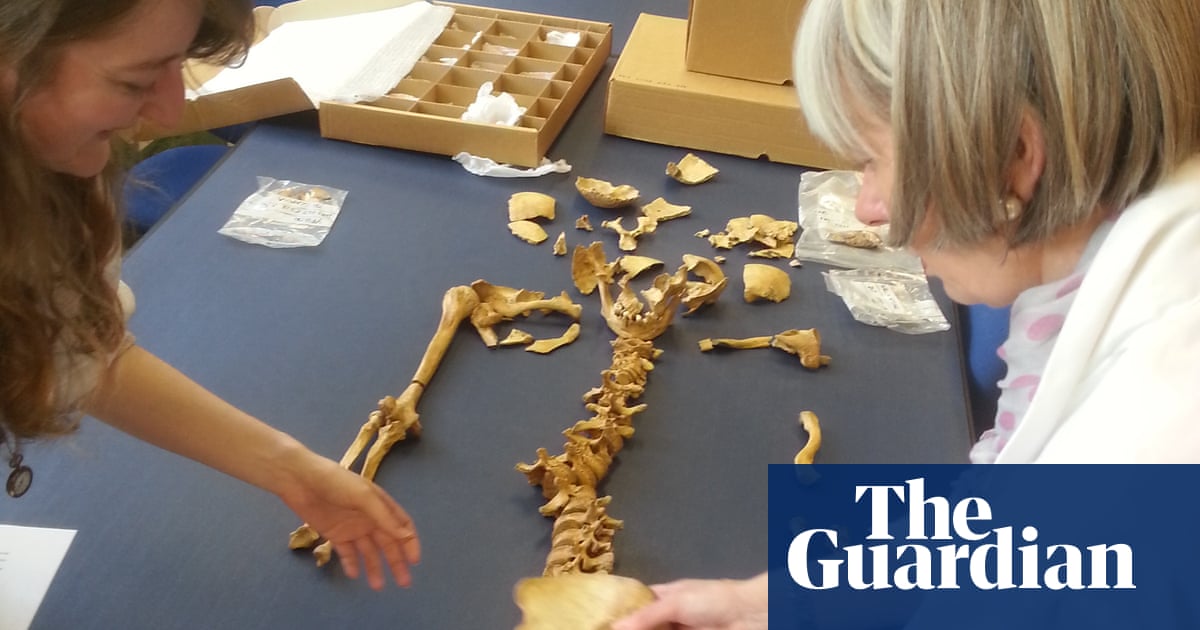
o map of Mumbai mentions Rehmuddin Shaikh Road. But a local taxi driver would find the narrow lane between the huts in Ambedkar Nagar, Colaba, behind Mumbai’s elite Cuffe Parade. Despite not being officially named by the city authorities, the road boasts a new signpost.
Rehmuddin Chittasahab Shaikh grew up and still lives here. Today, he is a rugby star, winning national gold and silver medals and and now coaching the Indian women’s team. He is one of the only four coaches in India to qualify for the World Rugby Level 3 coaching course.
As a child, he was a student of Door Step School, a classroom on wheels for children who had no other access to education. Now the school’s co-founder is leading the project to name these narrow, winding alleys of the slum after her best and hardest-working pupils.
“I felt honoured when my name was assigned to the very alley I lived in,” said Shaikh. “Normally, roads are named after famous people who are dead. This was the first time it was being named after a person who is alive.”
A stranger would find it extremely difficult to locate any house in Mumbai’s slums without finding someone who lives close by to give directions. The slums are a labyrinth even for residents who face the frustrations and the challenges of living without an address, and children are particularly affected by the issue.
Bina Sheth Lashkari, the social worker and co-founder of Door Step, came up with the idea to name the streets after the most promising students to encourage local children to study. To date, a dozen streets bear the silver and black signposts.
“When I see Devi Chauhan Road, named after a girl from my Banjara community, I feel proud, encouraged and inspired to complete my education to become confident and independent,” said Roshani Chuvan, 11, a student.
Shaikh’s mother, Saulibi Shaikh, said: “We came to Mumbai from Gulbarga, Karnataka, India, in search of work as life was tough. My son fought adversity to reach this level. I used to leave the kids when I went to work, but the teachers motivated him. I am proud about his achievements.”
It was Lashkari who talked the family into sending Shaikh to school. “We had a very tough time convincing his parents. He too was reluctant to start school but once admitted he was very sincere,” said Lashkari, who believes the street names are a huge motivation for children, their family and community,
Kanchan Chandrasen More was once a pupil and is now a teacher at the Door Step School. “I felt very happy and humbled when my name was assigned to an alley,” she said.
Jayashree Chandrasen More, her mother, says she is delighted that her daughter is engaged in educating kids. “My daughter has made us proud and brought fame to our family.”
Back in 1988, Lashkari saw how the children of construction workers, mainly migrants from Gulbarga, were not going to school but instead working as labourers.
Lashkari began offering to teach after the working hours. “If children can’t go to the school, let the school come to them,” she said.
This was the vision that led her and her colleague, Rajani Paranjpe to establish the first Door Step School in 1988.
Initially, they found children at the railway stations and other public places and started holding outdoor classes, which became difficult in busy areas. To solve this problem, they moved to a makeshift mobile classroom – a bus for classes.
School on Wheels has been educating slum children ever since and now there are seven schools across Mumbai and Pune with 800 teachers and volunteers reaching 100,000 children. Children sit on the floor using the windows, which open inwards,as desks, stationery is provided free of cost. More than 100 students are taught in each bus in groups of 20-25 for three to four hours.
Rekha Shamakant Wareshi, a Mumbai teacher, joined the NGO 17 years ago. The teaching approach is practical and kids are taught through everyday examples. Emphasis is laid on improving language skills.
In April, when India’s government abruptly announced a nationwide lockdown amid the pandemic, Door Step had to close like other Indian schools. A WhatsApp group was formed for parents with wifi access and those with basic phones were called, all designed to encourage children to keep up their studies at home.
The founders of Door Step hope they will be back on their buses soon, said Lashkari. “It was very important to remain connected with the kids who are experiencing a lot of trauma in these uncertain times to ignite hope that someday when things are normal the school will continue.”












